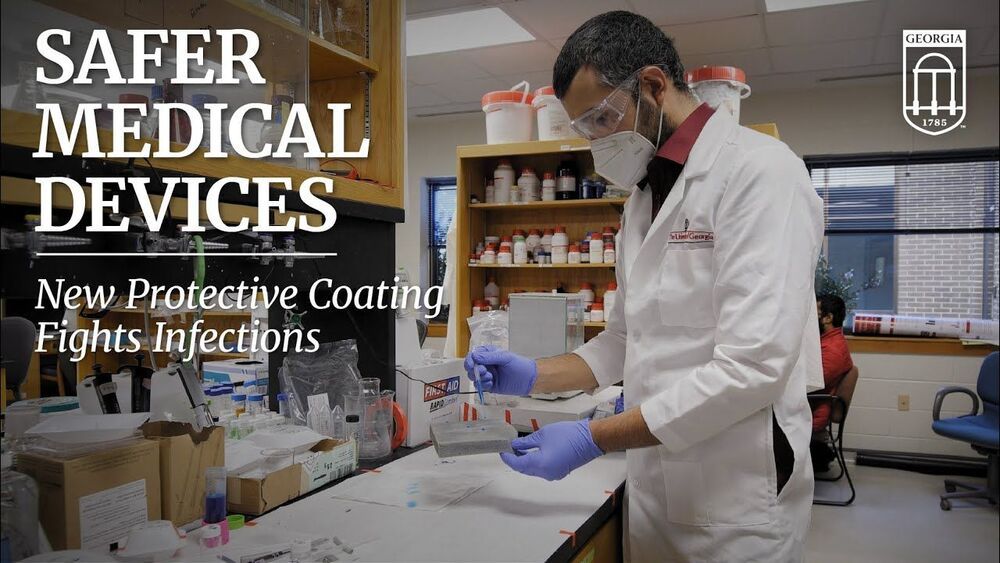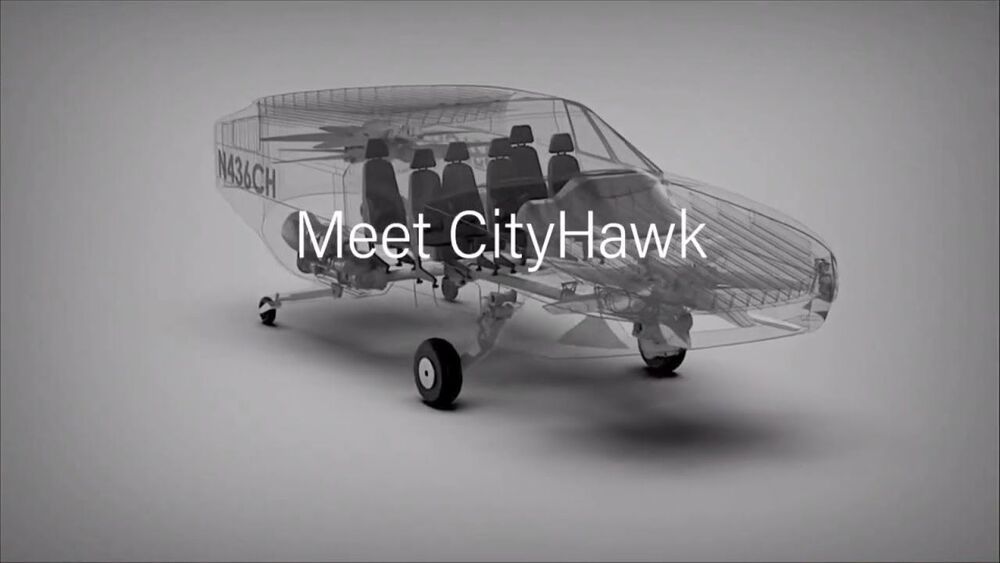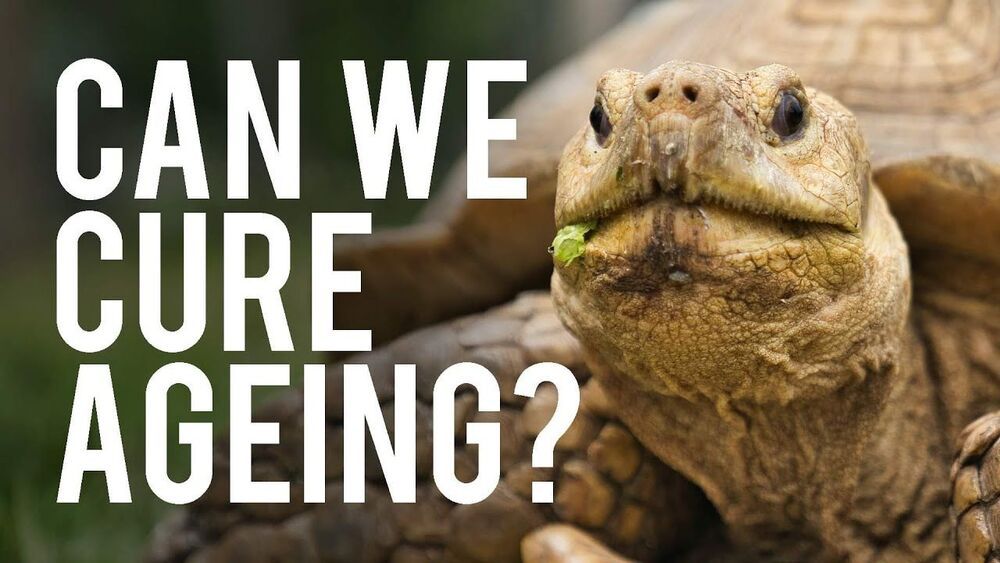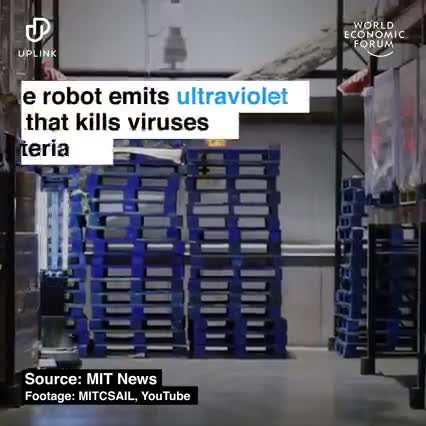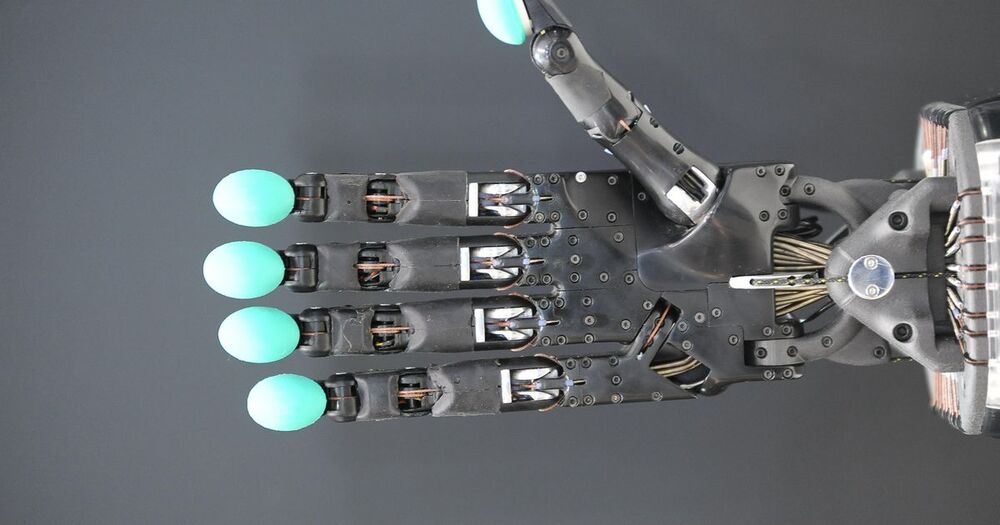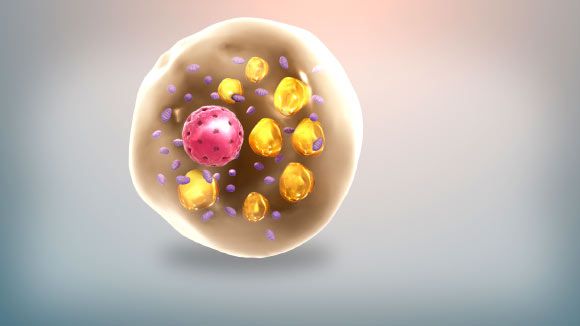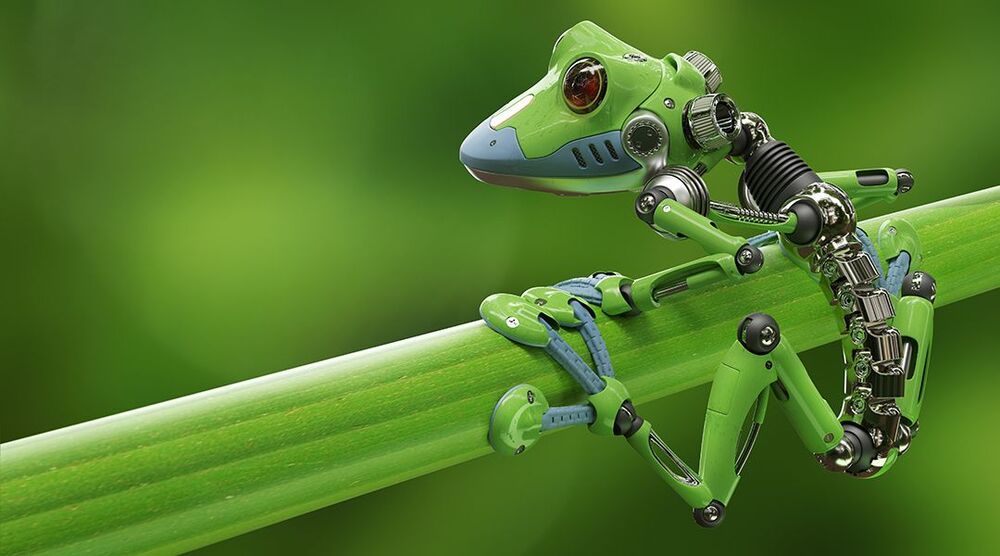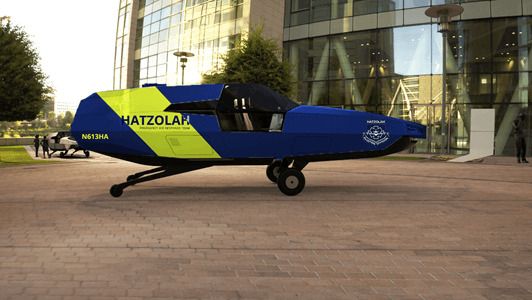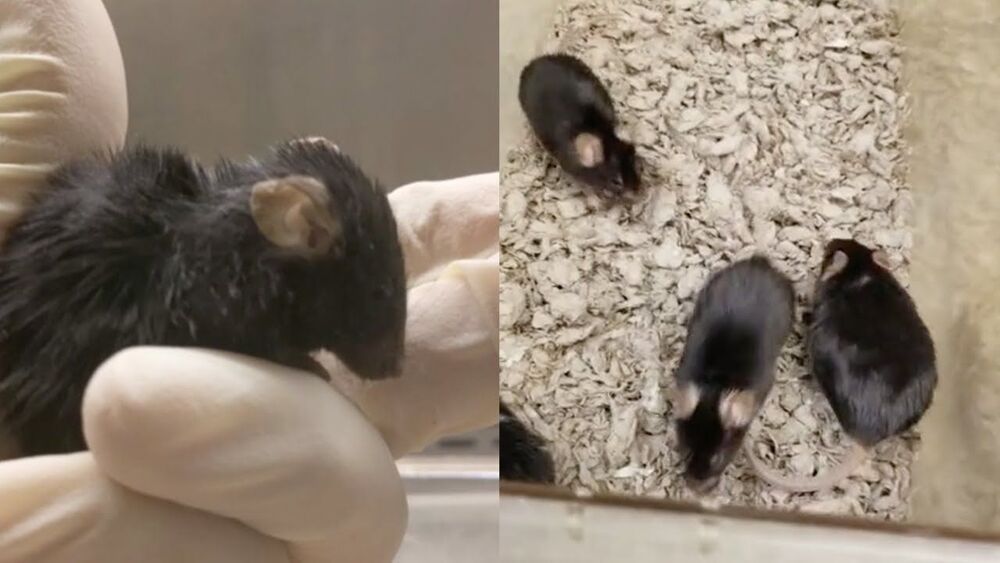Jan 7, 2021
Building safer medical devices with innovative protective nanoparticle coating
Posted by Jeff Myers in categories: biotech/medical, health, nanotechnology
Every year, over a million people develop health care-acquired infections during their hospital stays. And around 100000 of them die from those complications.
But researchers at the University of Georgia are determined to change that, and their new study shows a promising tool for preventing infections before they happen.
Continue reading “Building safer medical devices with innovative protective nanoparticle coating” »
